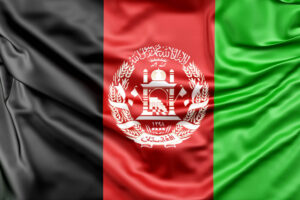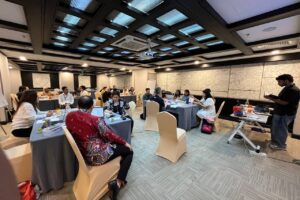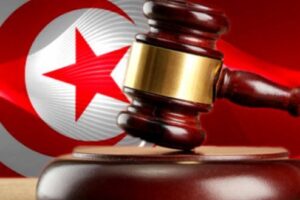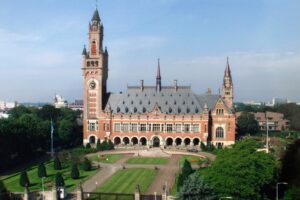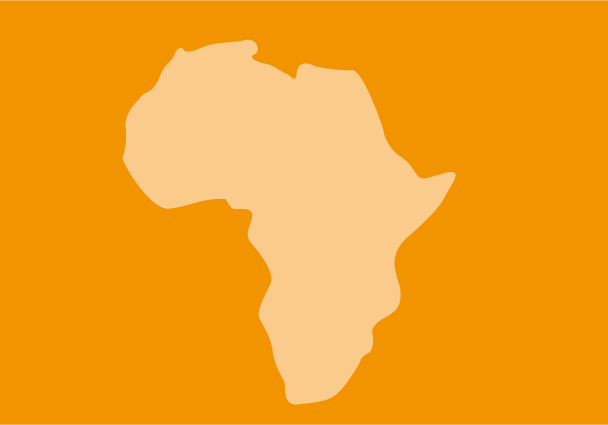
Dec 8, 2010 | Plaidoyer
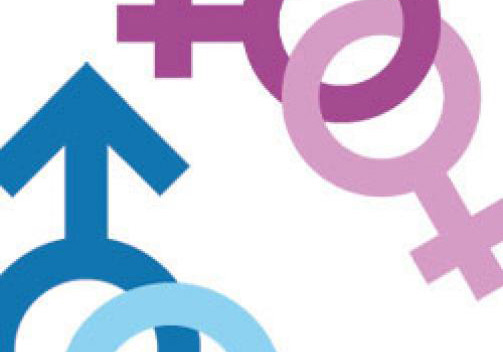 En octobre 2010, le député Evariste Ejiba Yamapia a présenté devant l’Assemblée nationale de la République Démocratique du Congo une proposition de loi intitulée « Proposition de loi relative aux pratiques sexuelles contre nature ».
En octobre 2010, le député Evariste Ejiba Yamapia a présenté devant l’Assemblée nationale de la République Démocratique du Congo une proposition de loi intitulée « Proposition de loi relative aux pratiques sexuelles contre nature ».
L’exposé des motifs de la proposition mentionne qu’il est nécessaire de réviser le code pénal congolais afin de criminaliser « les pratiques sexuelles contre nature », qui sont définies dans la proposition de loi comme la zoophilie et l’homosexualité. L’homosexualité est décrite comme « une menace à la famille » et « une abomination ».
Le texte de la proposition contient plusieurs articles criminalisant « les relations homosexuelles » ainsi que la zoophilie, et rendant illégales toutes formes de promotion, défense ou expression publique relatives aux « relations sexuelles contre nature ».
La CIJ est convaincue que, si elle venait à être adoptée, cette loi violerait les obligations de la République Démocratique du Congo tirées des traités relatifs au droit international des droits de l’Homme auxquels le pays est partie, ainsi que sa propre Constitution.
La proposition représente une menace grave non seulement pour les individu(e)s homosexuel(le)s sur le territoire de la République Démocratique du Congo, mais aussi pour les organisations de la société civile et défenseurs des droits de l’Homme travaillant dans de nombreux domaines.
DRC-lgbt-advocacy-2010-fra (full text in French, PDF)
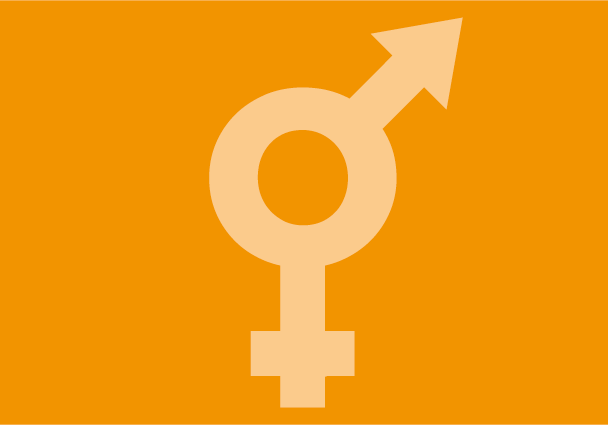
Oct 18, 2010
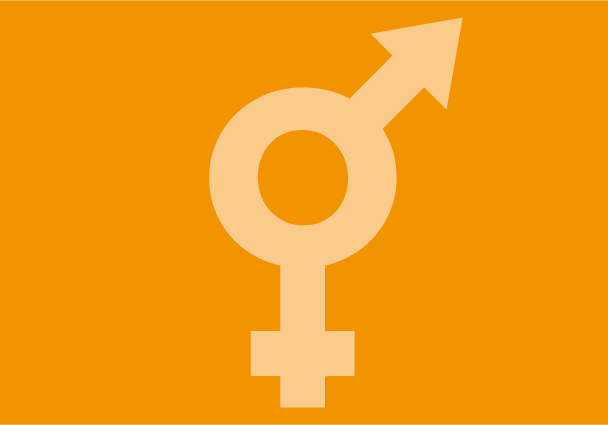 The ICJ brought the attention of UN Special Procedures to the recent arrest in Cameroon of two men for suspected homosexuality.
The ICJ brought the attention of UN Special Procedures to the recent arrest in Cameroon of two men for suspected homosexuality.
Bruno Afaaba (DOB 26/10/1984) and Marc-Henri Batta (DOB 3/9/1982) were arrested 27 September, 2010 by officers of the First Squadron of the Gendarmerie in Yaoundé.
The arrest came after a search of their house revealed a large batch of condoms and lubricant. The two men were detained and on 4 October 2010 they were forced to undergo anal exams to confirm, in the words of the commander of the gendarmerie, their suspected sexual activity.
According to one of their lawyers, Maître André Nlend, Mr. Afaaba and Mr. Batta were not advised of their right to remain silent or to counsel, and were in fact handcuffed during the medical exam. They are currently being held in Kodengui Prison.
Cameroon-Special Procedures-open letter-2010 (full text in English, PDF)
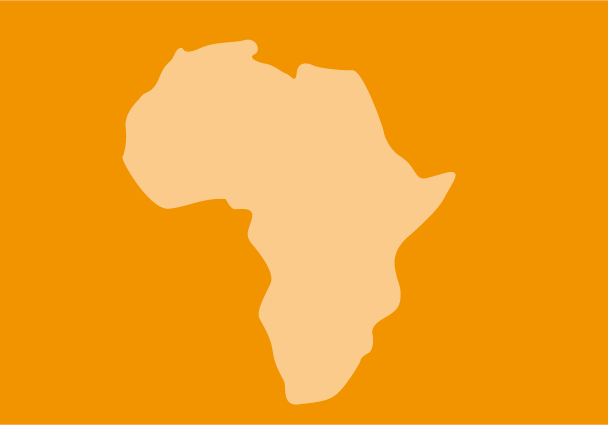
Sep 23, 2010 | Agendas, Events
The ICJ and the Zimbabwe Advocacy Office (ZAO) is inviting government representatives, civil society and human rights experts to a dialogue on the growing phenomenon of multi-party transitional governments, election-related violence and the protection of human rights in Africa.
The dialogue, focusing on the cases of Kenya and Zimbabwe will take place during the 15th Session of the UN Human Rights Council in Geneva.
Kenya-Zimbabwe-rights governments processes-event-2010 (full text in English, PDF)
Kenya-Zimbabwe-rights governments processes-agenda-2010 (full text in English, PDF)
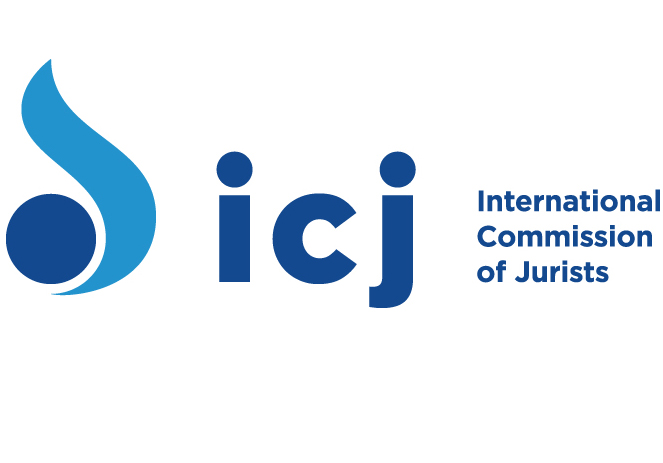
Aug 22, 2010 | Agendas
The scale of human rights violations committed by the armed forces, police and rebel groups in the Democratic Republic of Congo has meant that little attention has been directed to other failings of the justice sector, including the inadequate regulation of companies and the lack of effective remedies for victims of corporate abuse of human rights. Several studies and reports on human rights violations in the DRC have established the extent of corporate involvement or complicity and the State failure to protect people against violations by business corporations. It is necessary to mobilize and strengthen the capacity of legal professionals to use the law to ensure greater accountability by business for their numerous violations and that victims of such violations be afforded effective redress
The International Commission of Jurists (ICJ) in conjunction with Open Society Initiative for Southern Africa, the African Association for the Defense of Human Rights and the SADC Lawyers Association will, at the sidelines of the Annual General Meeting of the SADC Lawyers Association,hold on 22nd August 2010 a Lawyers’ Dialogue on “Business Involvement in Human Rights Violations and Victims’ Access to Justice in the Democratic Republic of Congo”.
The Dialogue is intended to bring together experts from the DRC and SADC legal fraternity in a one-day activity to reflect on how human rights law can creatively and effectively be used to bring business entities and players to respect human rights standards and to account for their involvement or complicity in violation thereof. In exploring this key question, the following subsidiary questions shall be answered:
- What is the current status of DRC laws regarding business activities in the country?
- How can business entities and actors be held accountable under international and DRC laws?
- How could international criminal law and regional as well as sub-regional legal frameworks be used to punish and prevent corporate involvement in international crimes in the DRC?
- How effective is the domestic civil liability regime in respect of business involvement in gross human rights abuses?
What are the obstacles facing access to justice for victims of business gross human rights abuse in the DRC, and how can they be overcome?
DRC-dialogue violation justice-agenda-2010 (full text in English, PDF)
DRC-dialogue violation justice-agenda-2010 (full text in French, PDF)
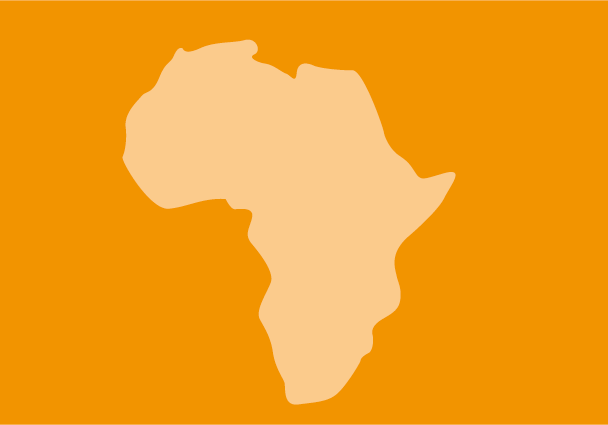
Aug 22, 2010 | Uncategorized
Les entités commerciales jouent un rôle important dans l’économie mondiale. En République Démocratique du Congo (RDC) en particulier, l’influence de leurs activités touche plusieurs secteurs de la vie sociale et publique, à telle enseigne que l’impact de leurs activités dans la jouissance et l’exercice des droits humains devient un fait indéniable.
Tandis que les entités commerciales sont dotes d’une capacité de promouvoir le développement économique et ainsi améliorer la jouissance des droits humains d’une part, il est un fait qu’elles peuvent – et il en a souvent été le cas – de perpétrer des violations des droits humains ou d’en faciliter ou soutenir la commission.
Bon nombre de rapports et études dignes de foi émanant du Parlement de la RDC, des organisations non-gouvernementales, des chercheurs indépendants, d’organisations internationales et même d’organes quasi/judiciaires internationaux établissent, de manière systématique, dans quelle mesure les activités et la complicité des entités et acteurs commerciaux formels et informels de la RDC, de la région des Grands-Lacs, de l’Afrique et d’autres continents ont contribué a soutenir les conflits armées, à exacerber les violations graves des droits humains dans les zones a conflits et a renforcer la capacité des éléments des services publiques et forces armées congolais et étrangers, ainsi que des acteurs non-étatiques, notamment les groupes rebelles locaux et étrangers a perpétrer des violations systématiques des droits humains.
Le Rapport du Panel d’Experts des Nations Unies sur l’Exploitation Illégale des Ressources Naturelles et d’Autres Formes de Richesses en République Démocratique du Congo démontre systématiquement comment les activités économiques du marché – tant licites qu’illicites – ont soutenu et a la fois bénéficié de l’instabilité politique, des conflits armées et des violations des droits humains en DRC.
DRC-dialogue violation justice-agenda-2010 (Texte complet avec notes en PDF)

 En octobre 2010, le député Evariste Ejiba Yamapia a présenté devant l’Assemblée nationale de la République Démocratique du Congo une proposition de loi intitulée « Proposition de loi relative aux pratiques sexuelles contre nature ».
En octobre 2010, le député Evariste Ejiba Yamapia a présenté devant l’Assemblée nationale de la République Démocratique du Congo une proposition de loi intitulée « Proposition de loi relative aux pratiques sexuelles contre nature ».





